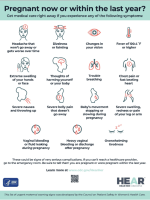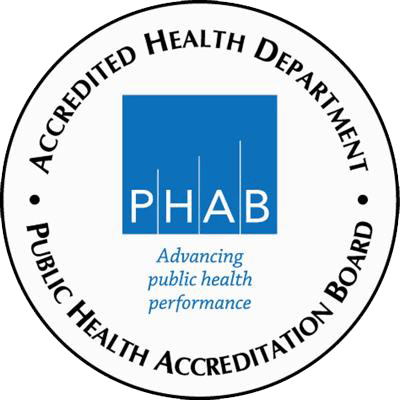Pregnant? Thinking About It?
Had A Baby This Year?

BEFORE During & After
Giving Birth
Take Steps To Better Your Care
Connect · Inform · Thrive
All of us Together
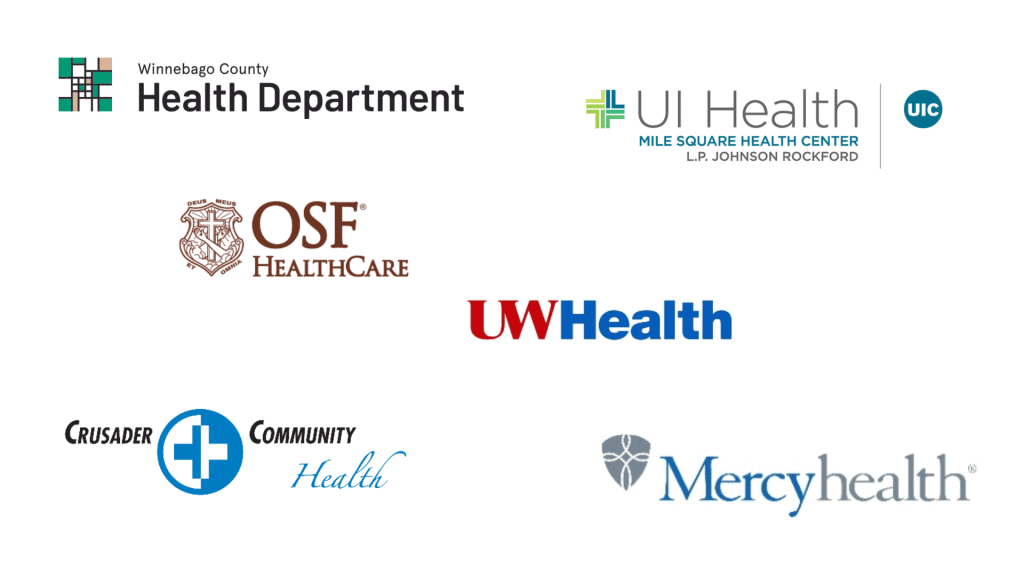
Partnering With You

Use the resources below to get Connected, get Informed and Thrive.
Having a healthy pregnancy starts with a care team that includes MOM. Healthcare systems in Winnebago County are coming together and partnering with moms to improve birth experiences. With mom and her support network as the lead, healthcare systems work to provide the best care before, during, and after giving birth.
Connect
1. Find Healthcare Providers For Your Birthing Team (primary care, obstetrician, doula, pediatrician, pregnancy care coordinator)
Click on the image of the healthcare provider below to be linked to their Maternal Health webpage:
2. Call The Winnebago County Health Department For Help And Support During Your Birthing Journey
815-720-4000
Services Include:
- Pregnancy Testing
- Personalized one-on-one support for expectant mothers
- Pregnancy care coordination
- Nutrition education and supplemental nutritious foods
- Doula Services
- Breastfeeding Support
- Support for parenting families of children up to age three (3)

3. Get Support From the Community Around You

- Call 211 or Click Here for the local 211 website
- Ask your healthcare team to help connect you to resources
- Attend Prenatal Classes that are offered through the healthcare providers
- Connect dads to father support groups in the community
- Get ready to bring baby home – watch this podcast on car seat safety
4. Keep Your Healthcare Team Connected
It is very important that your healthcare team stay connected and informed, especially of any Emergency Department visits.
Be sure to relay emergency room visit information to your healthcare team in a timely manner to ensure consistent ongoing prenatal and postnatal care. If you go to the emergency room for care, make sure to inform them about your pregnancy up to one year after giving birth.
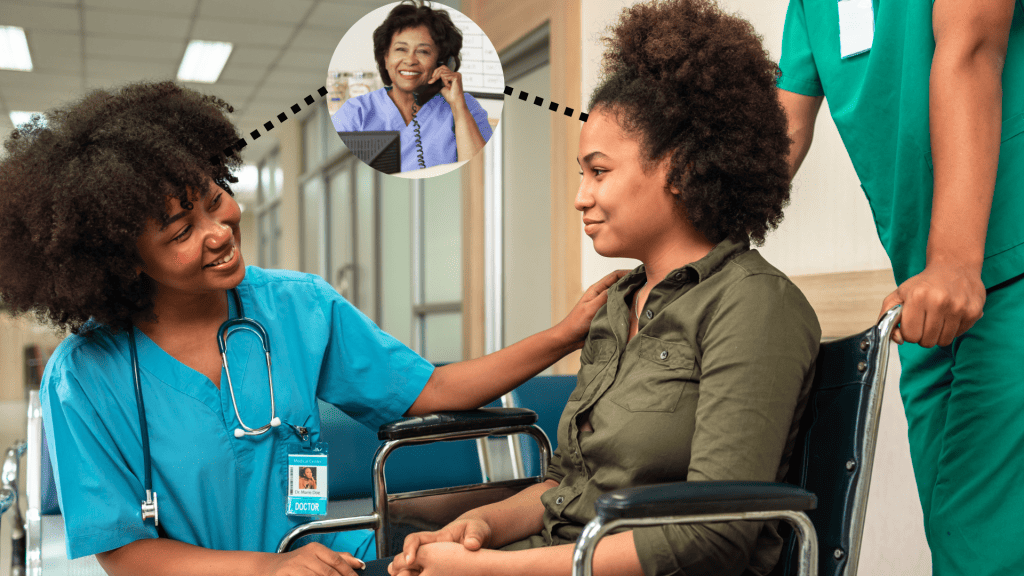
INFORM
1. Know What Safe & Respectful Care Looks Like
You have a right to respectful, safe, quality care during your journey, which includes the right:


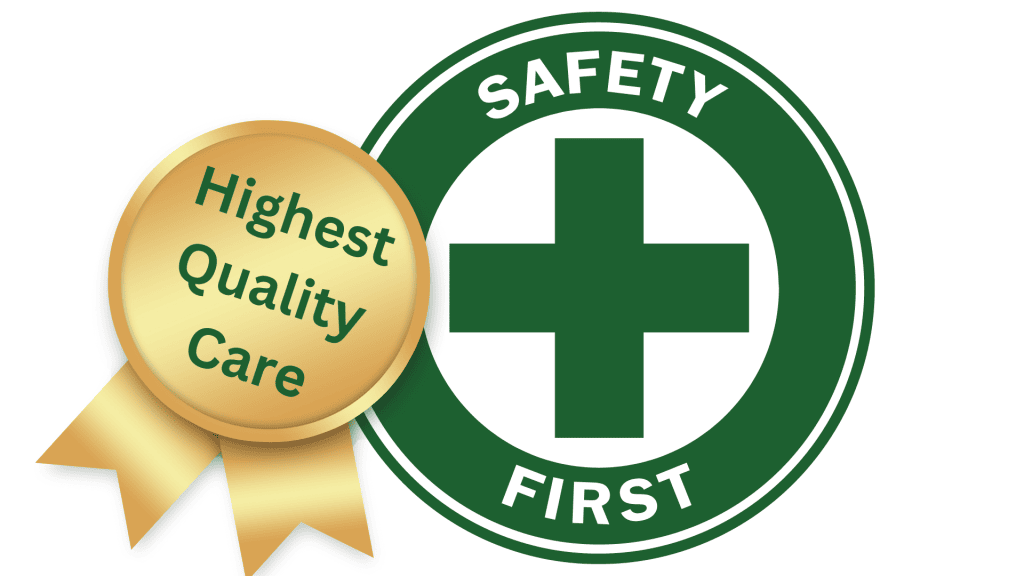

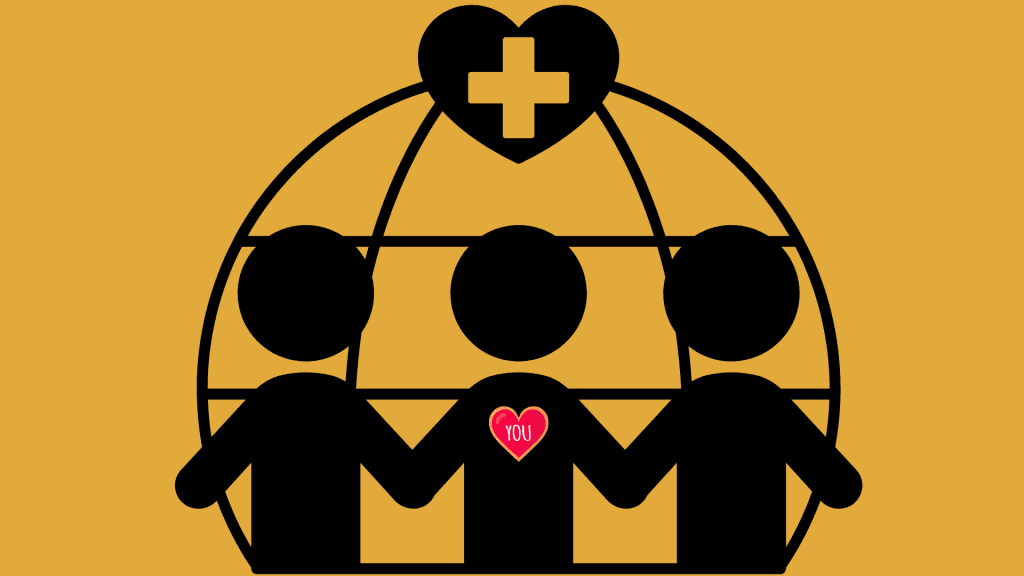



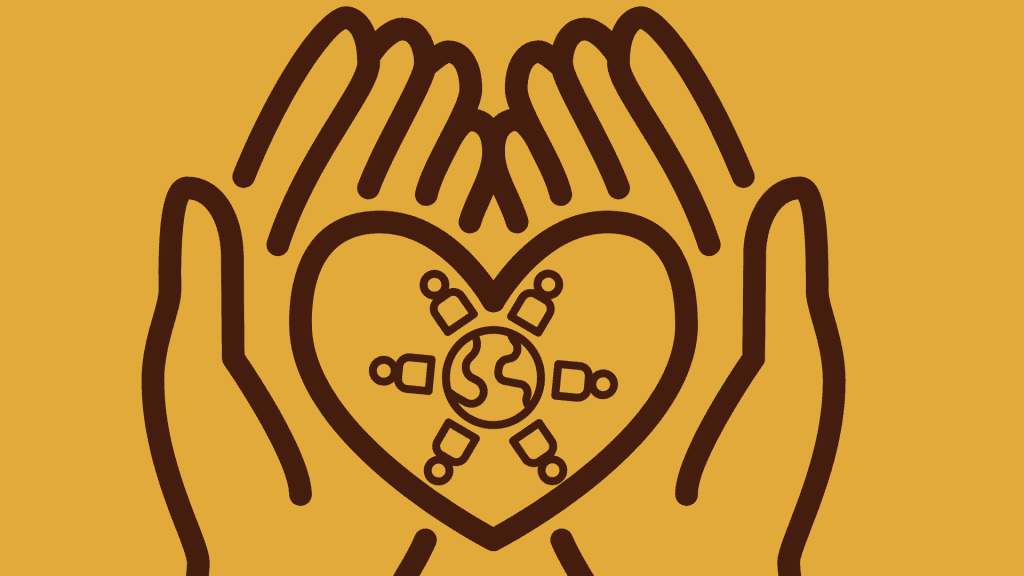
2. Speak Up If You Are Not Receiving Safe & Respectful Care
Sometimes speaking up for yourself can be uncomfortable.
Find someone on your team that you feel comfortable with (your doula, partner, or other care provider) and work with them to have your concerns and care decisions heard.

3. Complete The Patient Survey Before Leaving The Hospital
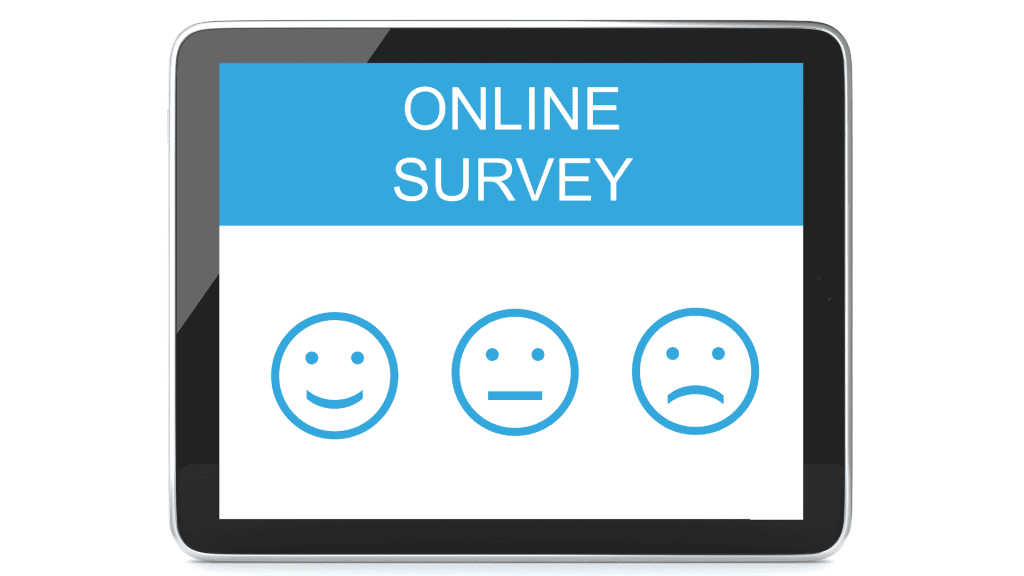
If you give birth in a hospital, you will receive a patient survey to complete before you are sent home. This hospital survey is called the Patient Reported Experience Measure (PREM).
Completing this PREM survey is important to help improve care in our community. Your individual feedback does not go to the hospital. The data is put together and used to help improve care overall and address health inequities.
4. Know the Urgent Maternal Warning Signs
Pregnancy complications can affect anyone. Some women remain more at risk of death than others.
If you are pregnant or know someone who is pregnant, learn the Urgent Maternal Warning Signs.
Watch for these Urgent Maternal Warning Signs during pregnancy and up to 1 year after giving birth. Seek medical care immediately if you experience any of these signs. These signs could indicate a life-threatening situation.
Thrive

Write Down Where To Call For Pregnancy-Related Concerns
Know what to do in an emergency and or if you experience any urgent maternal warning signs. Ask your healthcare provider(s) for the phone number(s) to call when the doctor’s offices are closed.

Know You Are Not Alone
Many Moms have feelings of depression after giving birth. You are not alone. If you need to talk to someone or be linked to mental health services, call 988.

Schedule Follow-Up Appointments
Before leaving the birthing center or hospital, schedule your postpartum follow-up appointments.

Have What You Need
Ensure you are discharged with the skills, support, and resources to care for yourself and baby. If there is something you don’t feel sure of, ask.
BIRTH Equity

All three hospitals in Winnebago County have committed to addressing the health inequities in maternal health as part of the Illinois Perinatal Quality Collaborative. Click here to learn about the Birth Equity initiative through the Illinois Perinatal Quality Collaborative.
The healthcare systems in Winnebago County in collaboration with the Winnebago County Health Department and the Winnebago County Maternal, Infant, and Child Health Team are coming together and partnering with moms to improve birth experiences.
Too many women in the United States die during the prenatal period, at delivery, or within one year of giving birth due to complications and other pregnancy associated issues. Black women are two times (2x) as likely to die from pregnancy related complications as White women. Over 91% of pregnancy related deaths are preventable.
As a community, we must take steps to reduce preventable pregnancy related deaths and address birth inequities.
If you’re pregnant, thinking about becoming pregnant, or had a baby in the past year:
- Partner with your healthcare team to BETTER YOUR CARE
- Completing surveys from healthcare providers during prenatal and birthing experiences to help better future care.
Everyone can help by:
- Sharing the Safe and Respectful Care information
- Knowing and sharing the Urgent Maternal Warning Signs
- Speak up if you see or have concerns, no matter your role in the healthcare team (mom, nurse, doctor, support person)








